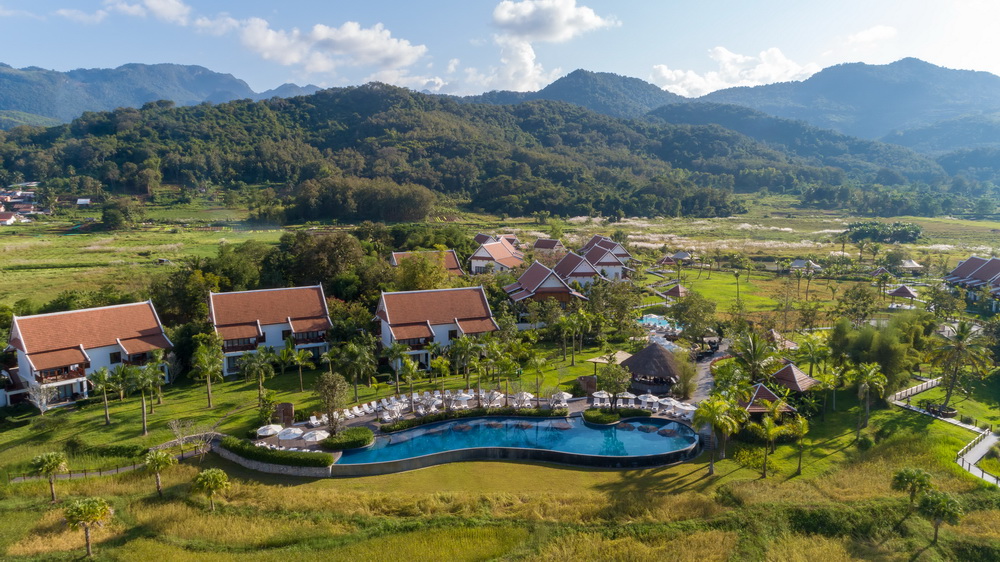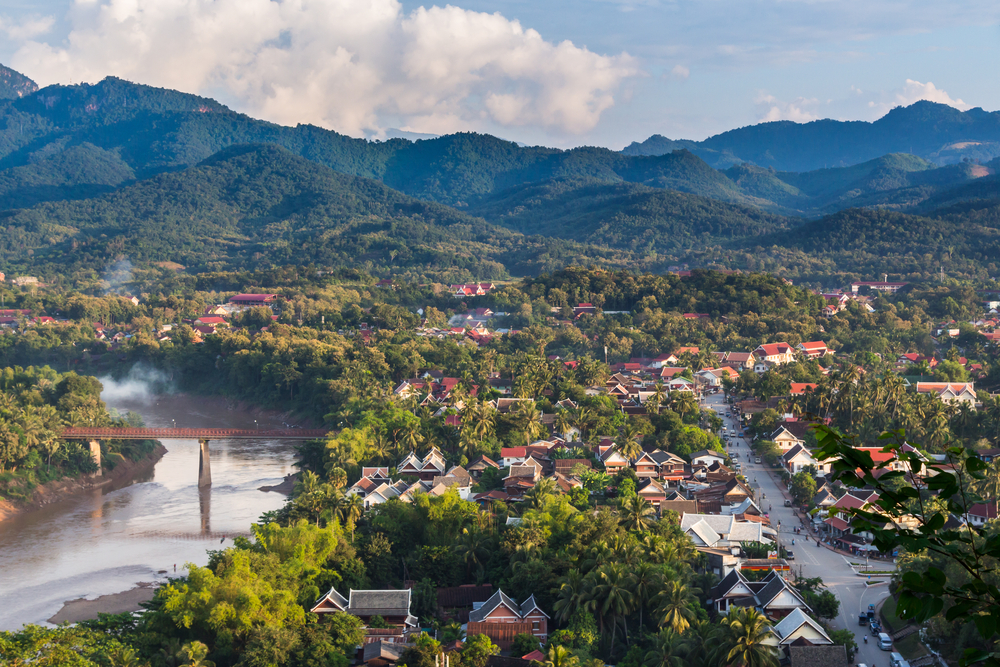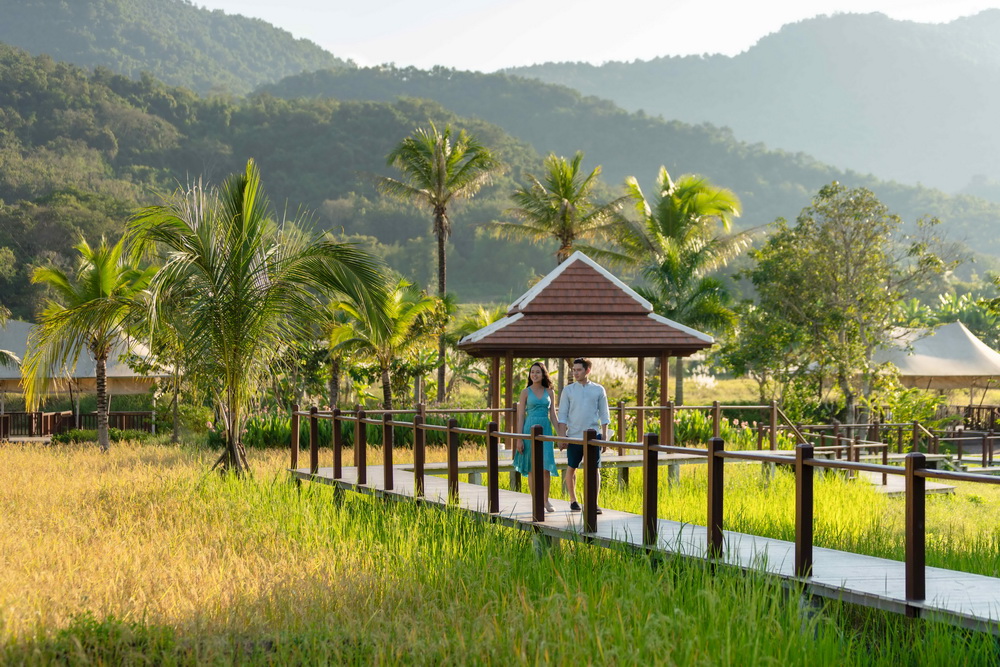MICE meets sustainability and responsible tourism in Laos
Contributors are not employed, compensated or governed by TD, opinions and statements are from the contributor directly
 Sustainability and the awareness of the environmental impact of a business may have on its local surroundings is, or should be, at the forefront of hospitality companies seeking success in the 21st century.
Sustainability and the awareness of the environmental impact of a business may have on its local surroundings is, or should be, at the forefront of hospitality companies seeking success in the 21st century.
Even if they don’t care about the state of the world — a modern organization will understand the importance of green issues to the Millennials and Generations Y and Z and that by not addressing these concerns will hit its bottom line.
Obviously, such a vital issue is not just the responsibility of business and one location is ahead of the curve when it comes to safeguarding the future of the planet.
Luang Prabang

From traditional locally-sourced menus that burst with freshness and flavour to responsible tourism activities that would make the most cynical traveller smile, Luang Prabang in Laos prides itself on its mix of rich heritage, local culture and close-knit community that is increasingly hard to find on the 21st-century tourist map.
Moreover, while many destinations are now attempting to quickly carve out a sustainable reputation Luang Prabang has already chalked up a series of respectable awards for its far-reaching efforts in the last decade.
“There are few examples of destinations in which so many positive experiences, such as responsible tourism, sustainable farming and corporate social responsibility initiatives, have grown so organically and are so accessible,” said Denis Dupart, acting general manager of Pullman Luang Prabang.
“Luang Prabang offers guests unique, immersive and unforgettable experiences”
As the most recent addition to the UNESCO World Heritage Site’s hospitality scene, it is only natural then that Pullman Luang Prabang has embraced a raft of sustainable practices — both internally and through a collection of carefully selected local partners.
“Alongside the Planet 21 programme, which promotes similar practices throughout the AccorHotels global portfolio, and plans to introduce our own sustainable initiatives at the 16-hectare resort, Luang Prabang offers guests unique, immersive and unforgettable experiences”, commented Dupart.
Initiative

One such initiative to be rolled out at Pullman Luang Prabang in 2019 is the introduction of an expansive onsite garden that will supply executive chef Marc Comparot with fruit and vegetables for his diverse menus. Currently, he takes an almost daily trip to the city’s morning market for most of his ingredients.
Another admirable programme that combines responsible tourism, animal conservation and local community involvement, the camp provides small groups intimate interactions with rescued elephants that range from full-day treks through teak jungles to cooking and feeding them handmade snacks along the banks of the river. Much of the elephant feed is, in fact, sourced from nearby communities, which provides an often vital source of income for local villagers.
“From straightforward, effective measures such as the introduction of locally-made bamboo straws and refillable water bottles to supporting strong, responsible initiatives and local communities, Pullman Luang Prabang is committed to promoting sustainable practices throughout the resort and with our partners through the city,” added Dupart.


Comments are closed.